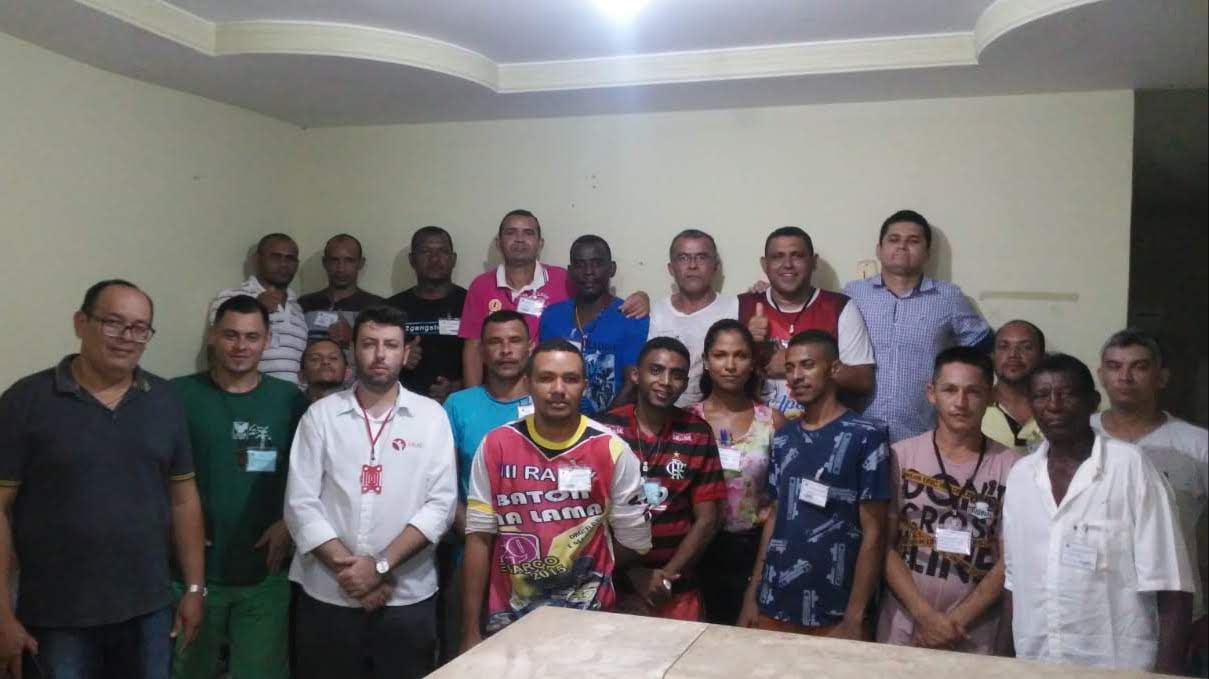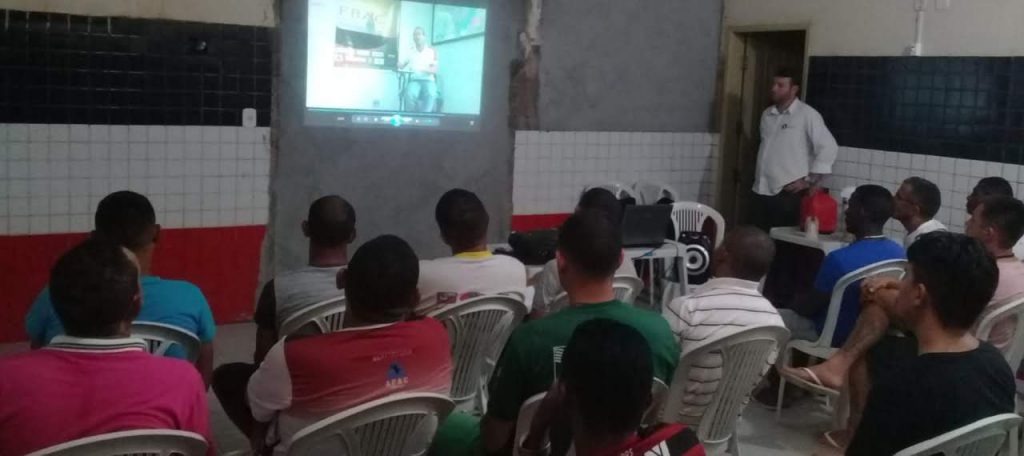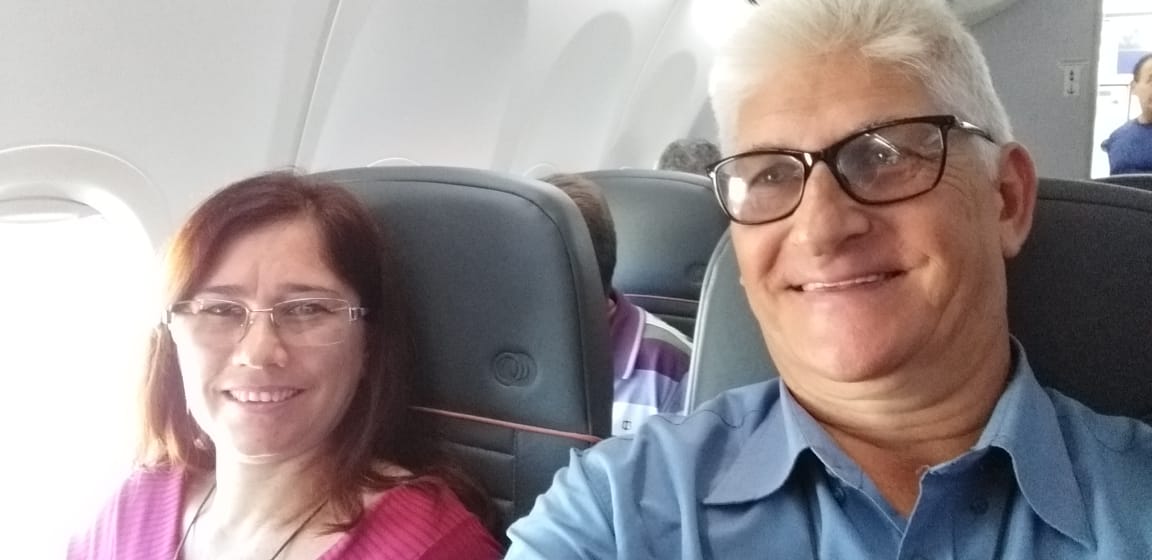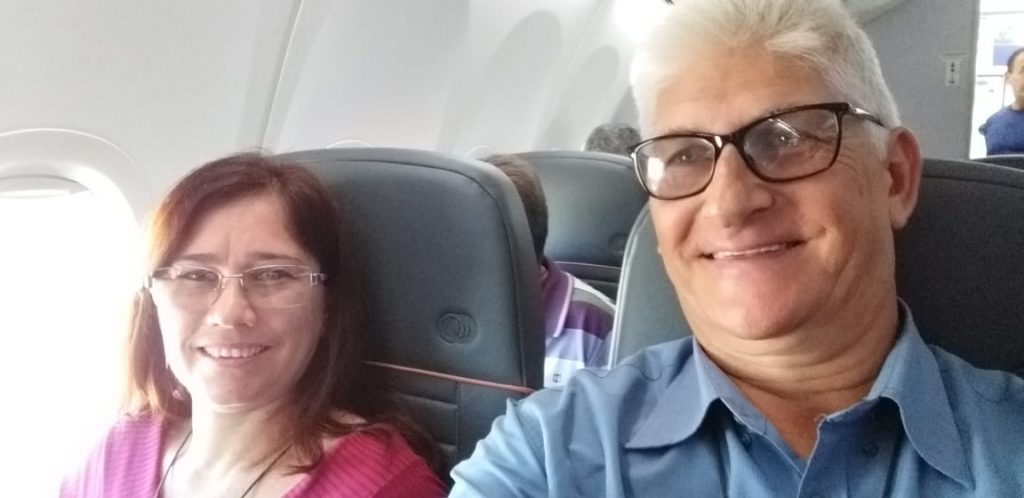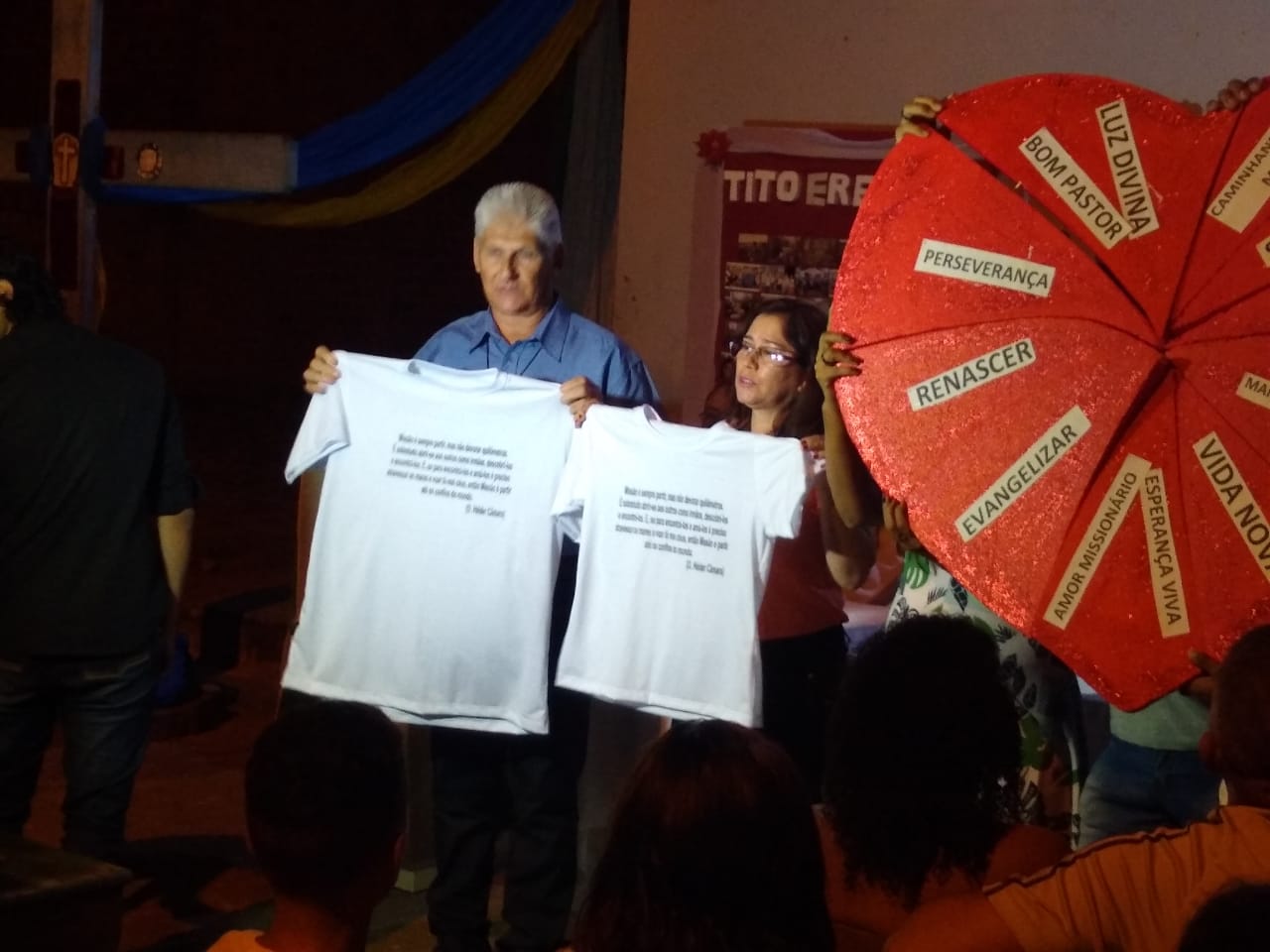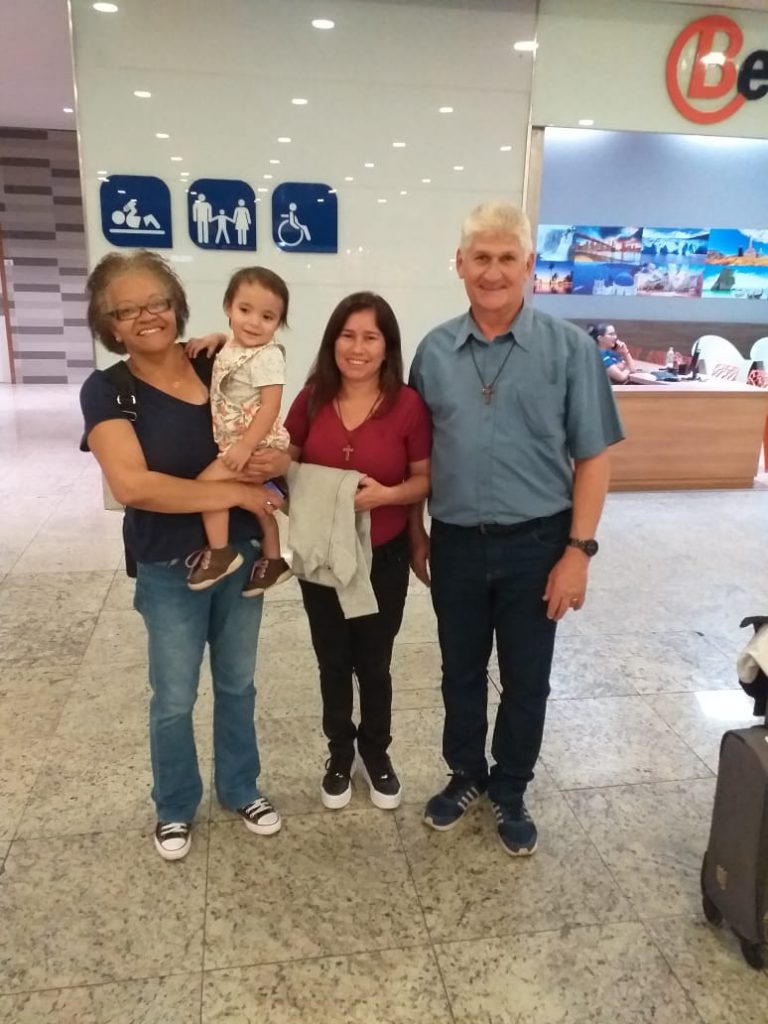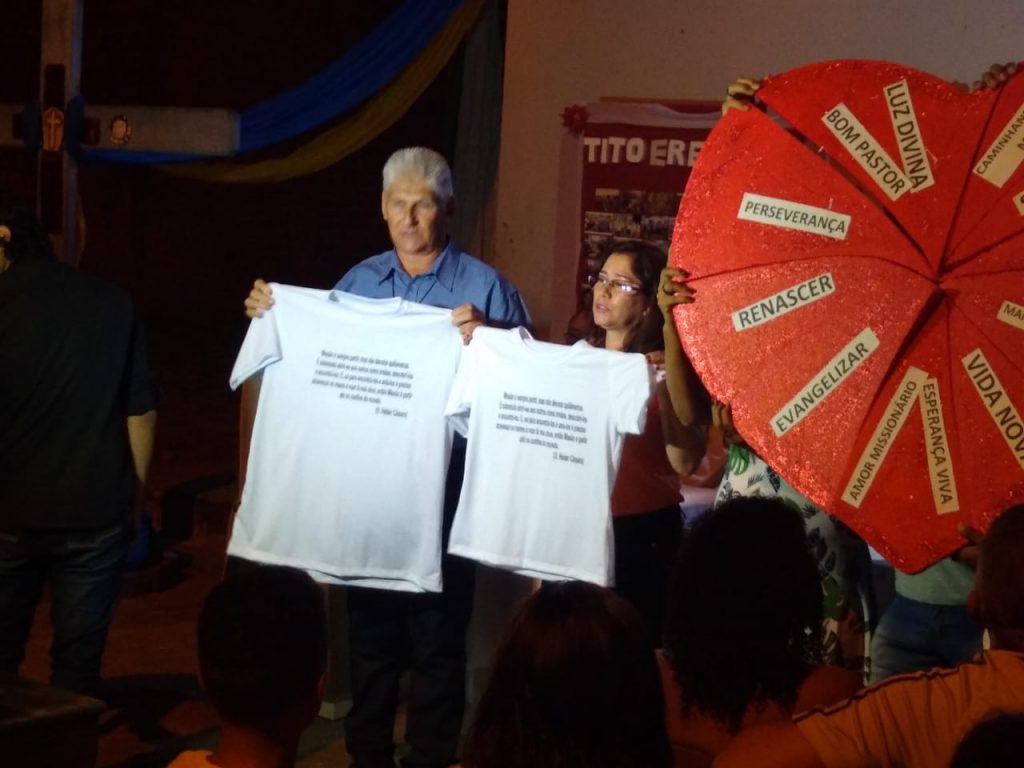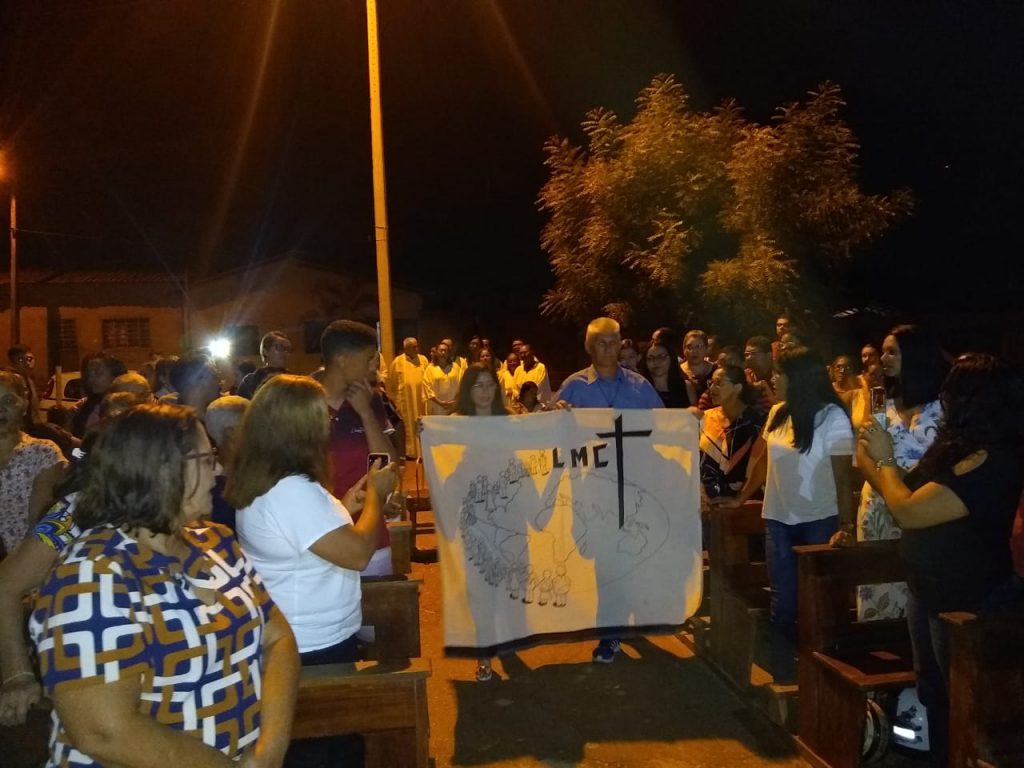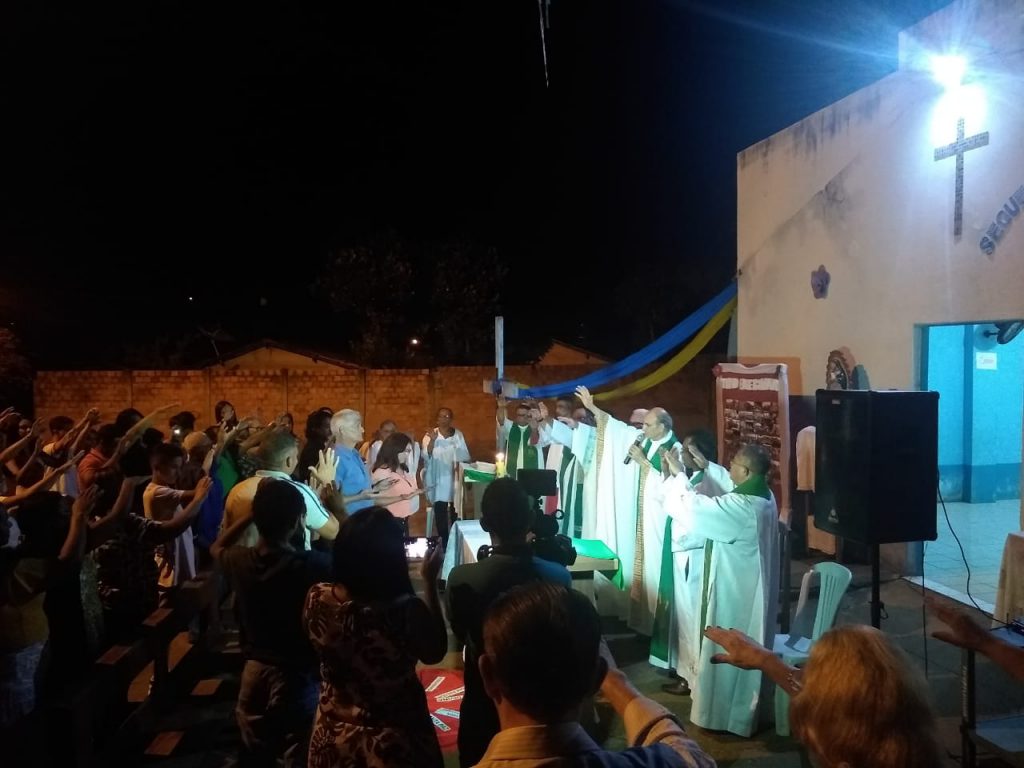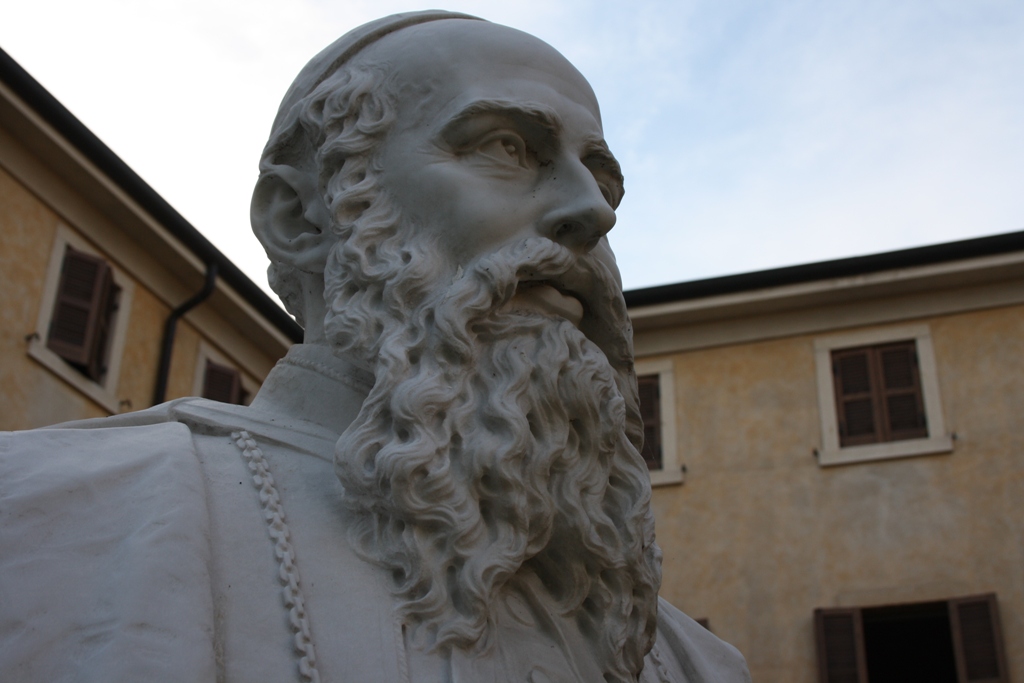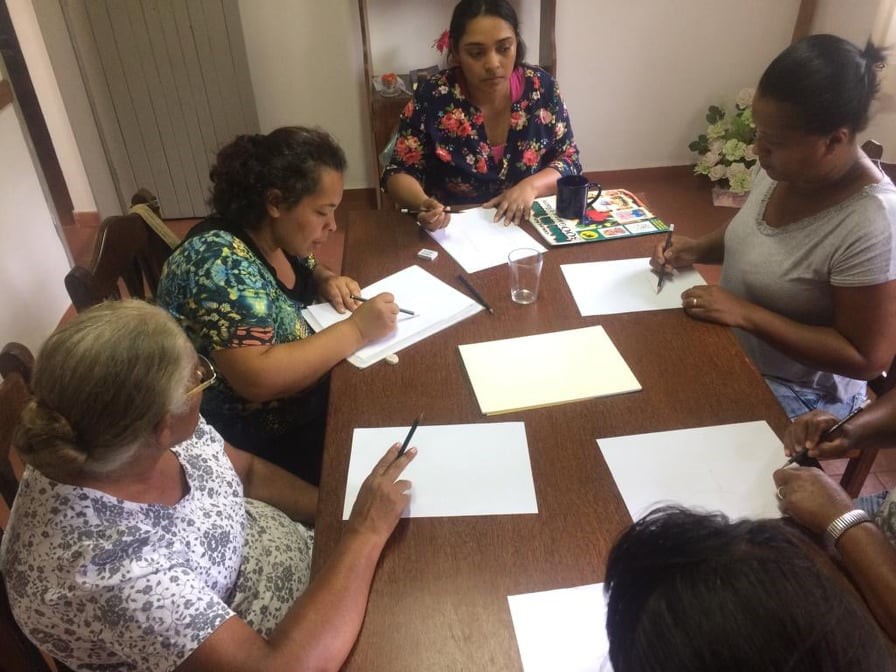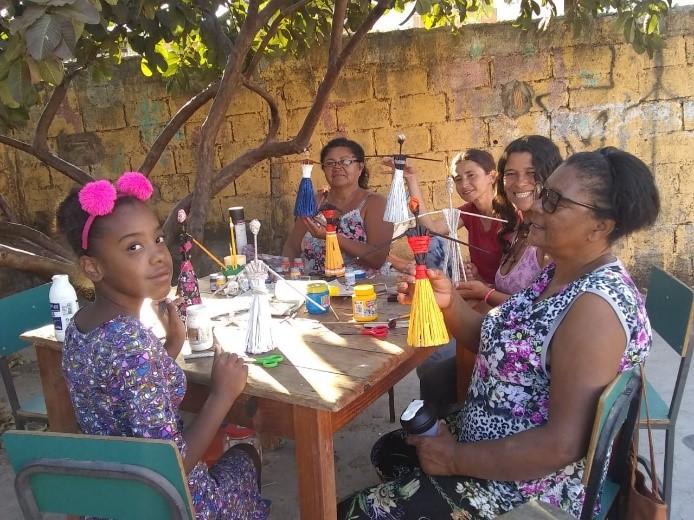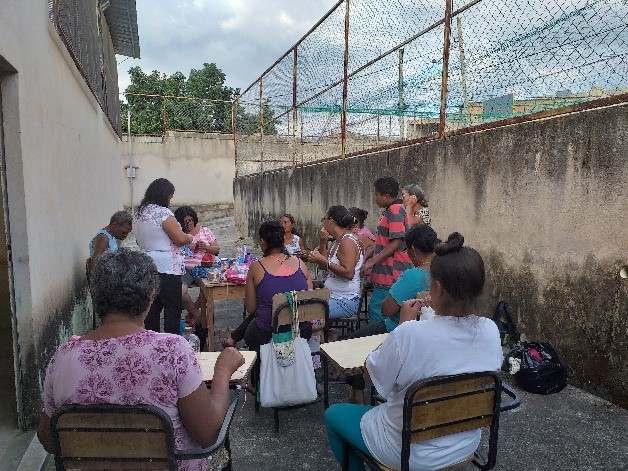APAC is the Association for the Protection and Assistance of Convicts. This acronym designates teams that adopt a method based on valuing humanity, tied to evangelization, in order to offer to convicted inmates a way to redeem themselves.
From a wider perspective, it also seeks to protect society, promote justice and help the victims.
The main difference between APAC and the average penal system is that in APAC the inmates (here called redeemable) are co-responsible for their redemption and receive spiritual, medical psychological and legal assistance from the community. Security and discipline are tied to the cooperation of the subjects, with the help of the staff, the volunteer and the directors of the institutions, without the presence of police or prison guards.
The FBAC – The Brazilian Fraternity of assistance to inmates – held today November 24 a meeting on spirituality and methodology for staff and subjects of the newest APAC in the state of Maranhão.
The APAC of Bacabal began its activities on July 11 with the arrival of its new subjects, counting on the support of both the redeemable and the staff of the APAC of Pedreiras, MA. We started this course, which is ongoing with great joy and we will soon be able to successfully implement the entire APAC methodology.
We are evaluating this meeting very positively, with the participation of all subjects and staff, and this will facilitate the work ahead in establishing this APAC.
We are grateful to God for this 53rd unit established in Brazil and ask for more prayers for the consolidation of all the APAC already in existence and the creation of new ones, thus giving the opportunity to all recuperating inmates less time outside the law.
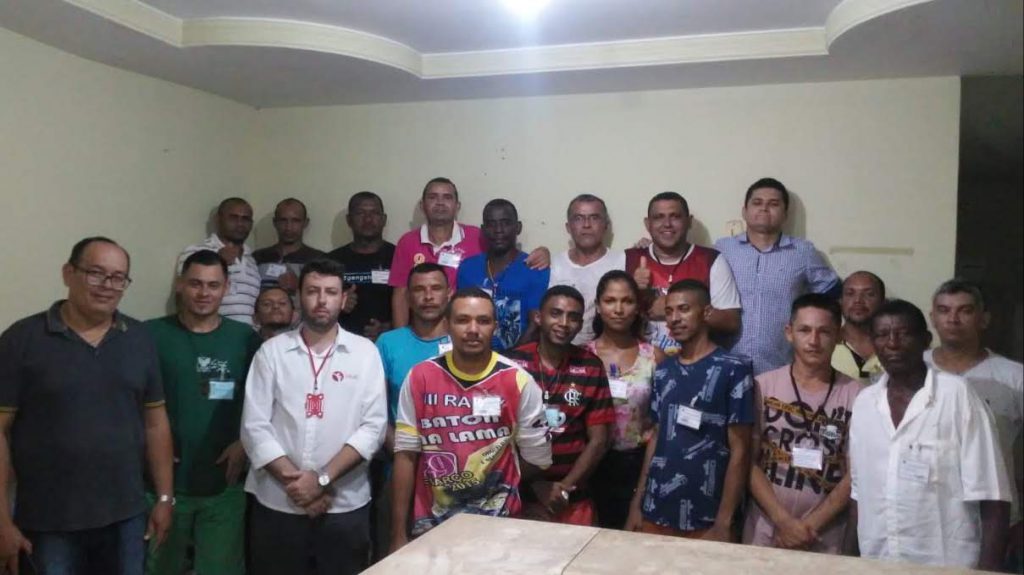
Let us keep in touch!




